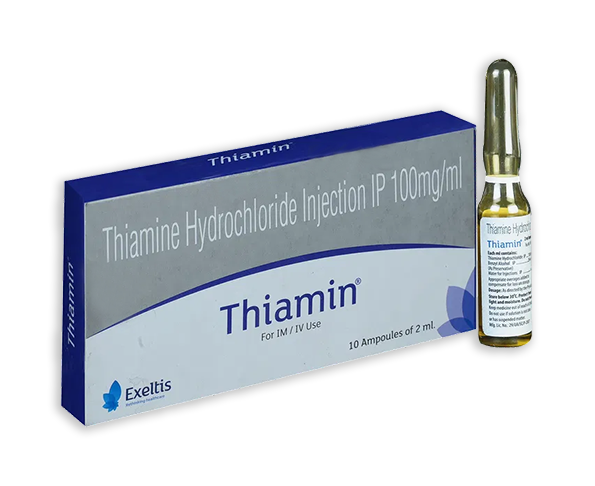Thiamine and Your Heart: Why Vitamin B1 Matters in Heart Failure

Did you know that something as simple as vitamin B1—also known as thiamine—could play an important role in managing heart failure? Heart failure happens when the heart struggles to pump blood well enough to meet the body’s needs. It’s a tough diagnosis, but recent research shows attention to vitamins like thiamine may give your heart a helpful boost.
Thiamine is essential to the way our bodies convert food into usable energy. For your heart, which works around the clock, a steady supply of energy is crucial. Low thiamine can lead to symptoms very similar to heart failure: feeling tired, short of breath, or even developing swelling in the legs. People with heart failure are at higher risk for thiamine deficiency—especially if they take water pills (diuretics), which increase how much thiamine is lost through urine.
Some clinical studies found that supplementing thiamine improved the heart’s pumping ability, measured by an increase in the heart’s ejection fraction, particularly in those with thiamine deficiency or on long-term diuretic therapy. However, not all studies agree, and more research is needed. What’s clear is that correcting thiamine deficiency can make a difference, and checking your vitamin status is something to discuss with your doctor.
You can support your thiamine levels by eating whole grains, legumes, nuts, and lean meats. And if you have heart failure—especially if you’re on water pills—ask your doctor whether you should check your thiamine status or consider a supplement.
Thiamine isn’t a cure for heart failure, but for some, it’s a simple step that can add to overall heart care.
